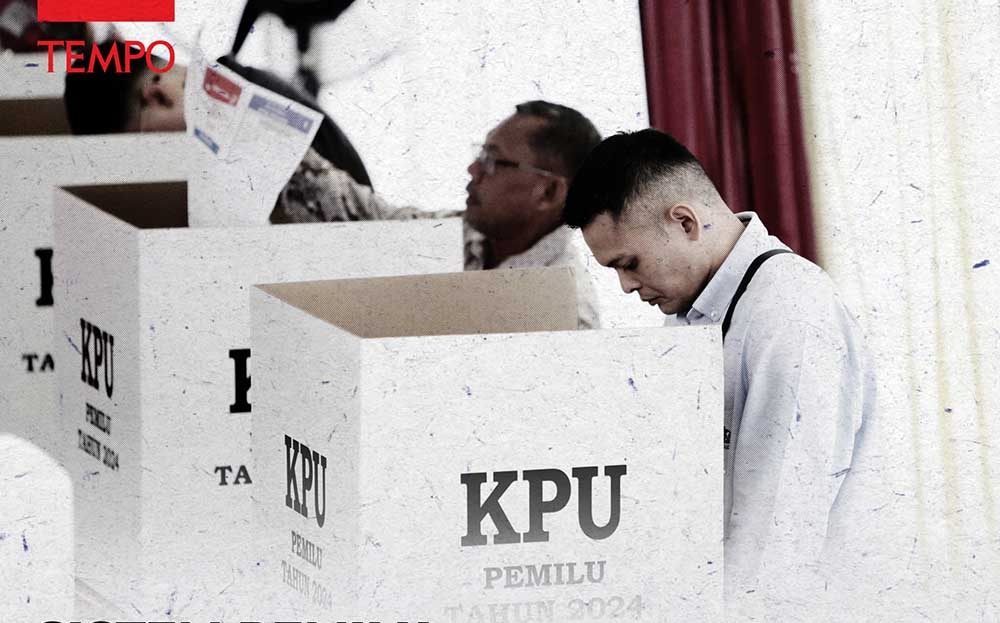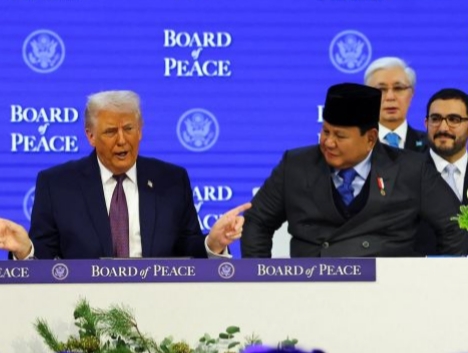Our Legislative Seats Are Expensive
By Tempo Magazine, 7 April, 2024
High political costs in general elections in Indonesia are a chronic problem for which a solution must be found. The need for funds to get votes from increasingly transactional voters makes the chances of getting quality legislators smaller. On the other hand, there is a greater possibility of corruption from elected candidates who want to recoup their “capital” as quickly as possible.
The high political costs that legislative candidates have to incur in elections with an open proportional system have been complained about over recent years. In the 2024 election, the need for funds is suspected to have been even greater. A politician from the Golkar Party, Dito Ariotedjo, admitted that he spent more than Rp10 billion ($667,000). Indonesian Democratic Party of Struggle (PDI-P) politician, Masinton Pasaribu, stated that he disbursed Rp6 billion ($400,000) just to print campaign material. And both of them failed to be elected as members of the House of Representatives (DPR).
Dito and Masinton are just two examples of the 9,917 House candidates who were fighting for votes. They came from 18 political parties and competed in 84 electoral districts throughout Indonesia. There are also candidates for the provincial and district or city regional legislatures as well as the Regional Representative Council, effectively a national senate. Apart from the need for campaign material such as banners and billboards, the largest need for funds is associated with “envelopes” that are distributed to potential voters, aka money politics.
The figures mentioned by Dito and Masinton far exceed the funding requirements for similar purposes in the previous election. In 2014, the Institute for Economic and Community Research (LPEM) at the University of Indonesia found that the costs for legislative candidates in the House of Representatives reached Rp1.15 to 4.46 billion ($75,000 to $297,000). A Corruption Eradication Commission (KPK) study states that legislative candidates have to spend from Rp1 billion ($67,000) to more than Rp5 billion ($333,000). The need for funds is also reflected in the circulation of money. The government’s Center for Financial Transaction Reports and Analysis (PPATK) found suspicious financial traffic in more than 6,000 bank accounts of party administrators participating in the 2024 election or legislative candidates. These irregular transactions have led to allegations of money politics taking place during the campaign. The total funds monitored by PPATK reached Rp51.4 trillion ($3.43 billion). One indication is that billions of rupiah was deposited into the accounts of party administrators, and not long after, the money was exchanged for Rp20,000 and Rp50,000 denomination notes.
The large funds required during the campaign make it possible for elected candidates to commit corruption. Many corruption cases revealed in recent years confirm this suspicion. Party activists undermine state funds for personal or party funding needs. This tendency is increasingly open with the allocation of “wet posts” to parties joining the government coalition.
In the long run, high political costs narrow the path for people who are qualified but do not have enough capital. As a result, the House of Representatives, which determines the fate of many people through various legislative products, will be filled with mediocre politicians who are supported by strong capital.
The work in the future is to formulate an electoral system that is simple, but one which produces quality legislators. Although difficult, this work has to begin immediately.
Tempo
This article is based on https://majalah.tempo.co/read/opini/171215/biaya-politik-mahal-calon-legislatif.
In related news:





Leave a Reply